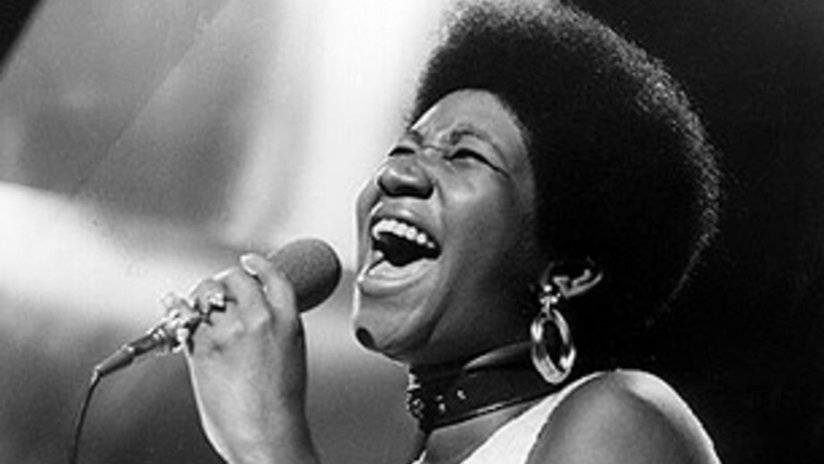
-
HOME
-
WHAT IS STANDOur Mission Our Values Our Help Contact
-
WHAT WE FIGHT FORReligious Freedom Religious Literacy Equality & Human Rights Inclusion & Respect Free Speech Responsible Journalism Corporate Accountability
-
RESOURCESExpert Studies Landmark Decisions White Papers FAQs Religious Freedom Resource Center Priest-Penitent Privilege Islamophobia Freedom of Religion & Human Rights Topic Index
-
HATE MONITORBiased Media Propagandists Hatemongers False Experts Hate Monitor Blog
-
NEWSROOMNews Media Watch Videos Blog
-
TAKE ACTIONCombat Hate & Discrimination Champion Freedom of Religion Demand Accountability
Speaking of Religion
“I like talking about religion…”
That was the first line of a column I encountered by Shannon Casas, Editor-in-Chief of Georgia’s Gainesville Times.
She went on to explain that she likes exploring religion because it helps her understand where people find meaning.
Wow. What a breath of fresh air!
Shannon shared a meme she said had hit her Facebook feed:
“Being taught to avoid talking about politics and religion has led to a lack of understanding of politics and religion. What we should have been taught is how to have a civil conversation about a difficult topic.”
This should be the quote of the 21st century.

Look around on your social media feeds and the convos your friends and associates are having. Do you notice a high frequency of judgmental, accusative or divisive statements?
And has that led to the next thing you might have seen—friends saying things like: “I’m just not talking about that anymore” or “I had to unfriend that guy/gal…” because the unfriended person didn’t share their views?
Not only have I seen that sort of thing more and more, but I’ve found myself feeling that way from time to time. And I think it’s a dangerous place.
Religion can be a gateway to a person’s innermost beliefs. To deny that—and the ability to communicate about it—is to deny, to no small degree, ourselves.
As Shannon pointed out in her article, religion is tough to talk about. It’s true. And instead of welcoming the chance to learn something new, we tend to shy away from the whole thing, perhaps because it seems like too tricky a road to travel.
It’s unfortunate, though, because religion can be a gateway to a person’s innermost beliefs. To deny that—and the ability to communicate about it—is to deny, to no small degree, ourselves.
Back in the days when Debate Class was still “a thing,” this would all be easier to navigate successfully, because you would have learned to debate the position directly opposed to the one you actually held.
Whichever professor came up with that idea was a straight-up genius. It makes the debater understand the subject completely, from both sides, and it fosters understanding between the debating parties.
But the MOST important thing it does is bake in a certain amount of civility.
For example, I’m a Scientologist. I have friends who are Christians, Catholics, Baptists, Buddhists, Atheists, Agnostics and so on.
Let’s imagine two potential approaches:
1. I take only my view of the world as a Scientologist, and my friends only view me and my position from their eyes as whatever-they-are. Or,
2. We are willing to take each others’ point of view during our interactions.
Which one do you think would create a more productive, peaceful outcome?
The question answers itself.
To have the debate (or discussion), we would each have to learn a bit about the other’s beliefs. That might entail reading some of the main works of their religion, studying some of its history, interviewing some of its members and so on.
Of course, this would just be for the game of a friendly debate and, when it was all over, we would go back to our “camps” and carry on with our lives as we saw fit. (As a friend of mine once said, “Just because I watched a video about plumbing doesn’t mean I’m now a plumber!”)
But we’d come away all the richer for it, would we not?
Naturally, a formal debate context isn’t required to use this approach in our daily lives.
But what if, every time we knew we were about to encounter some form of opposition or friction regarding our beliefs, we paused first to understand the other person’s views completely?
Would it even feel like a debate?
I’ll wager that it wouldn’t at all. We would come away with more than we possessed before the discussion started: knowledge, a greater understanding of our friends or ourselves—perhaps even a friendship or two.
Temporarily shifting our points of view seems like a tiny price to pay for all that!









